Experiencing Real-World Engineering at the Delta Automation Internship Program
By David Nakayama - Published June 26, 2020
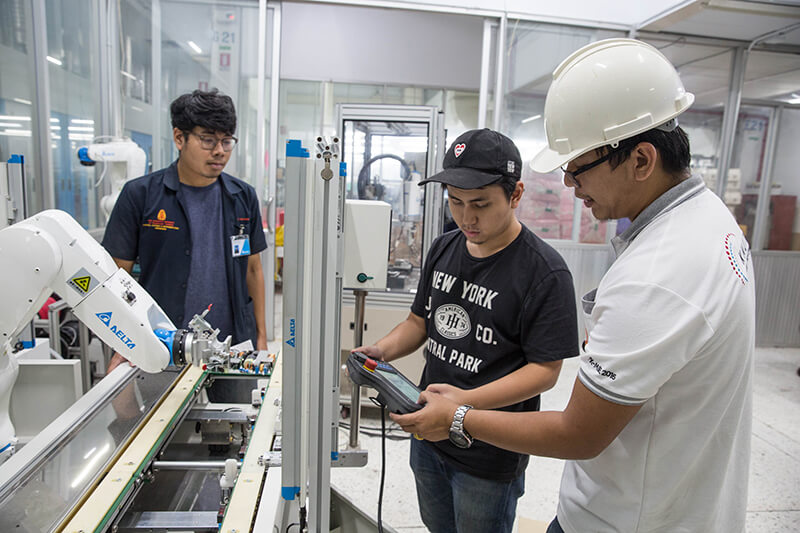 Interview with Delta Automation Interns
Interview with Delta Automation Interns
Text by David Nakayama, DET Corp Comms
Photos by Benjapol Disa, DET Marketing
As a major multinational electronics manufacturer and exporter in Thailand, Delta Electronics Thailand attracts a wide range of interns from colleges and universities who are eager to get hands-on experience in a variety of jobs including engineering, administration, IT and logistics. Today we’ll talk with three of our talented engineer interns about their experience in the Delta Automation Internship Program.
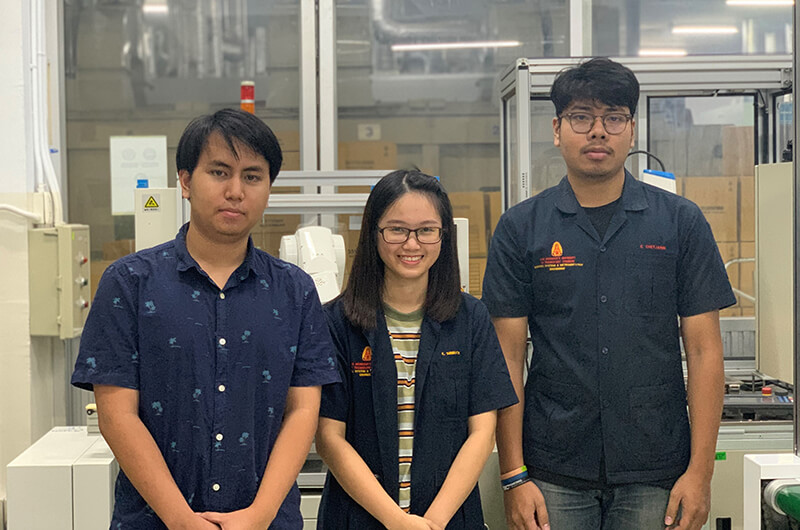
Left to right: Chetjarin Chithan, Sirinath Kruekaew, Peerasin Hoysang
What are you all majoring in?
All: We’re all in our fourth year of university. Our major is Control System & Instrumentation Engineering at King Mongkut’s University of Technology Thonburi (KMUTT). We'll graduate in June 2020 and so we're doing a three-month internship at Delta Electronics Thailand.
How did you learn about the Delta internship program and why did you join?
Peerasin: Our faculty has a partnership with Delta so it's listed with other partner companies that we can choose to intern at. I chose Delta over other famous MNCs and Thai companies available because it’s close to our KMUTT Thungkru campus and it’s known for advanced technology. I especially wanted to learn about energy saving for factories and cars here.
Sirinath: Delta is a famous company around here so I signed up. My class senior, who interned at Delta before, said the work environment is good and I soon found everyone to be kind and helpful. Plus, there’s a free bus and cheap food in the canteen.
Chetjarin: Yeah, I agree with them on the location and nice workplace. I also liked that Delta has many interesting projects that we can get involved in.
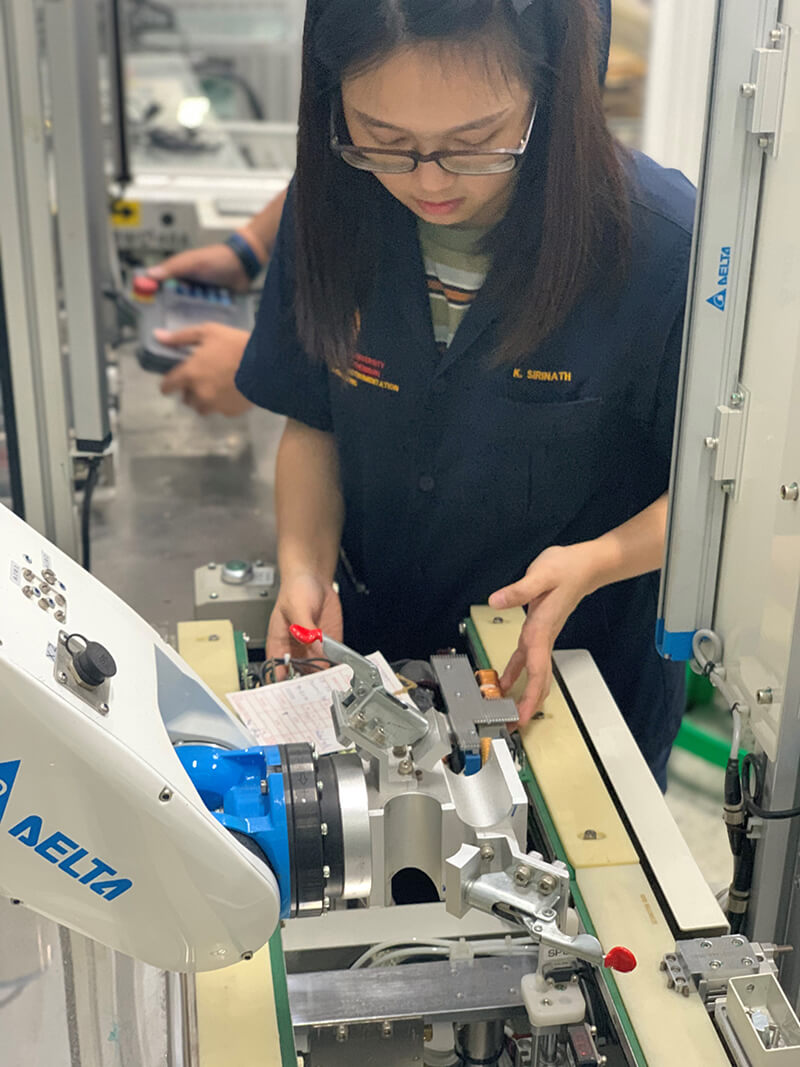 What is are your roles in the Delta Internship Program?
What is are your roles in the Delta Internship Program?
Sirinath: Our team is responsible for soldering automation design. So we work on improving and developing the Delta SCARA Robot to solder in the correct position. We also improve its work quality and reduce the cycle time in other processes.
The SCARA Robot is important because it replaces human workers for tasks like manual touch up or spot soldering on the DC board production line. It's at the workstation that receives PCBs from the wave soldering machine.
We also help assemble other production machines and do electrical wiring for five soldering machine models.
Peerasin: I learned how to do programming on the Delta SCARA robot and I got a lot of practice in wiring for the solder device temperature controller that’s on the self-feeder soldering station.
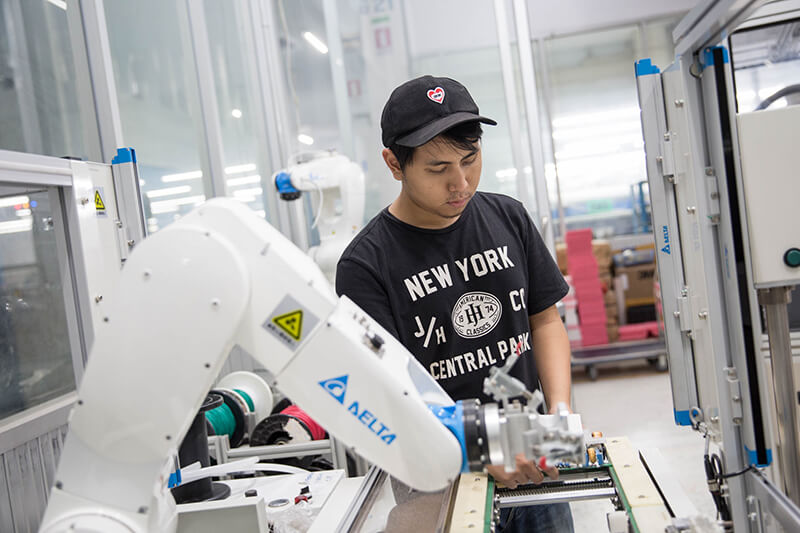 What is special about the internship at Delta and how much has it added to your skillset?
What is special about the internship at Delta and how much has it added to your skillset?
Chetjarin: I got a lot of practice here and I feel I can apply my new knowledge to systems and machines on automated production lines. I think I gained about 50% of my skills in engineering from this internship and I use 50% of what I learned before in class.
Sirinath: I got the chance here to work on a Smart Conveyor system which does mixed production of different product models simultaneously on a single line. Every day I got to practice basic programming and electrical wiring. Most of all, I was able to find out my real skill level and get a clear idea of what my weaknesses are so I can improve as an engineer. Honestly, I feel that only about 30% of my skills come from my electrical engineering studies and 70% comes from my practice here at Delta.
Peerasin: Well in my case I rely on about 60% of my theoretical knowledge and 40% of the experience gained practicing here. But yeah, I also got the chance to see other manufacturing processes that aren’t within my field scope like the SMT line. I find this kind of broad exposure really interesting.
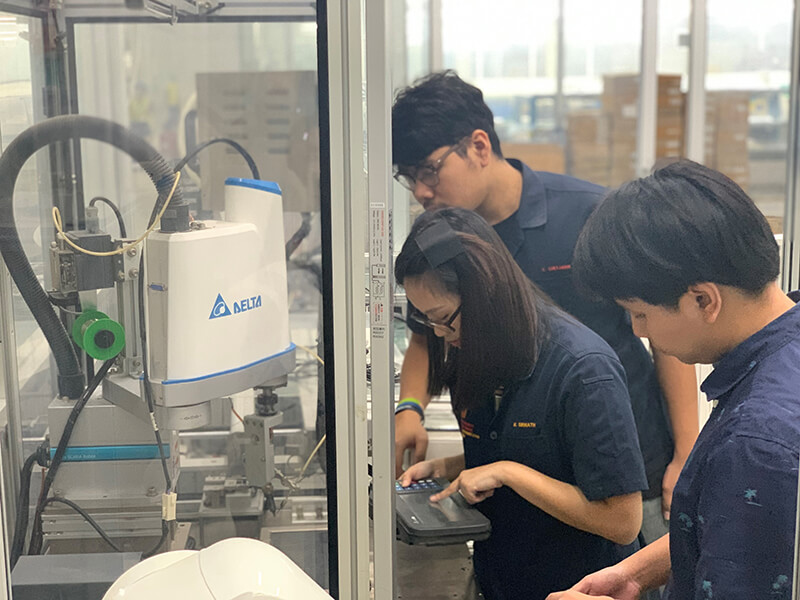 Besides technical skills, what are your biggest takeaways from your internship?
Besides technical skills, what are your biggest takeaways from your internship?
Peerasin: I learned what responsibilities I need to take on as a project owner. You’ll never really know what factory engineering is like until you work in a real situation on a shop floor with thousands of operations going on at once. It’s totally different from our class assignments.
Sirinath: I got a lot of new life experiences here. From technical skills and programming to working with people and finding out how to solve problems with others. Delta is a big place with people from all sorts of backgrounds and nationalities so it’s a great place to learn.
Chetjarin: I feel like I know more about working life in the real world now and I’m more prepared to take on extra responsibility in my jobs. I never knew how complex project and workflow management can be before this experience so I’m happy to have done this.
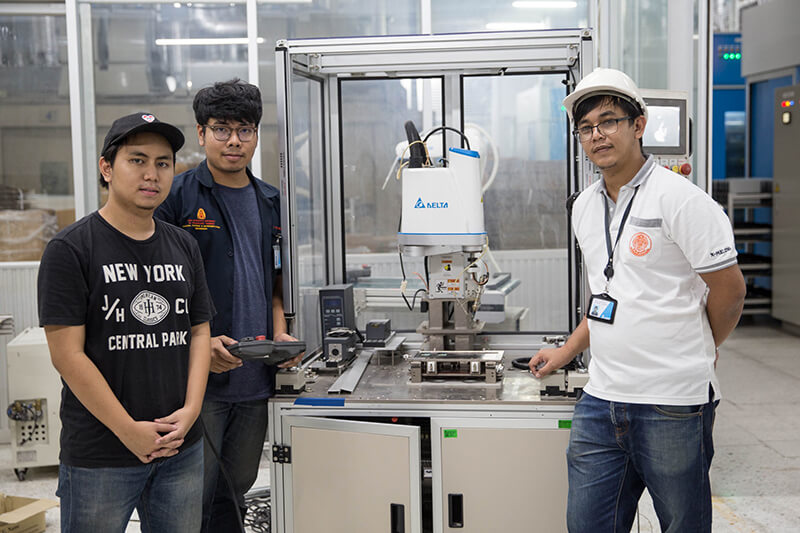 Can you share your next plans and anything for future interns to consider?
Can you share your next plans and anything for future interns to consider?
Peerasin: After graduating, I want to get a job in my hometown. I’d like to work in the electronics industry. I think that budding engineers need to know how to use software like SolidWorks for 3D drawing to use in the design process. This is an important skill to have not just for mechanical engineering but also to combine with electrical engineering work.
Sirinath: I’m going to the USA for a 4-month work and travel program to practice English and earn a bit of money. When I get back I’ll apply for an engineering job at a big company. Of course, I think it’s always good to prepare as much as possible for your future career by gaining more automation knowledge.
Chetjarin: I want to get a job in any industry that involves programming or automation. I think students shouldn’t delay when applying to internships. Just go ahead and do it. But once you start you need to be able to ask questions and not just wait for answers. This a big change from in the (Thai) classroom where teachers explain everything to us.
For more information on internships and careers please visit the Delta Thailand Careers Page
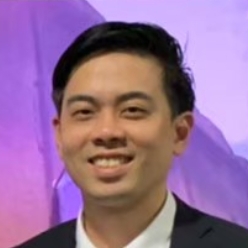
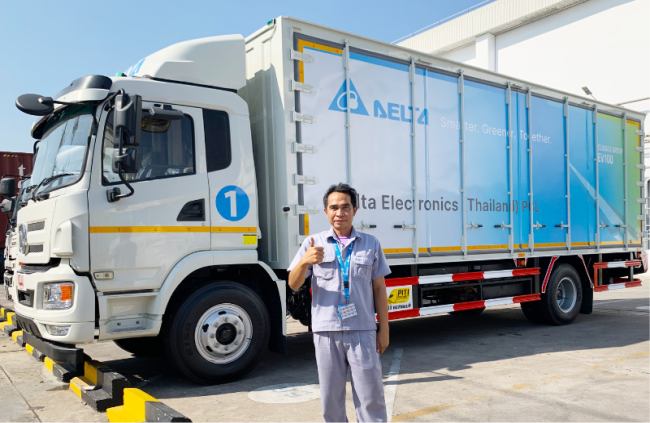
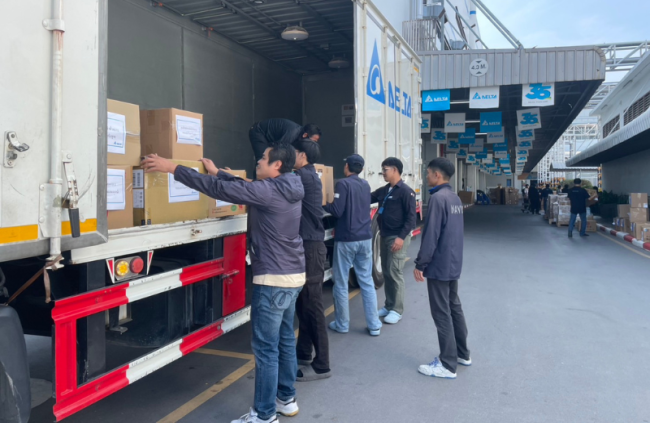
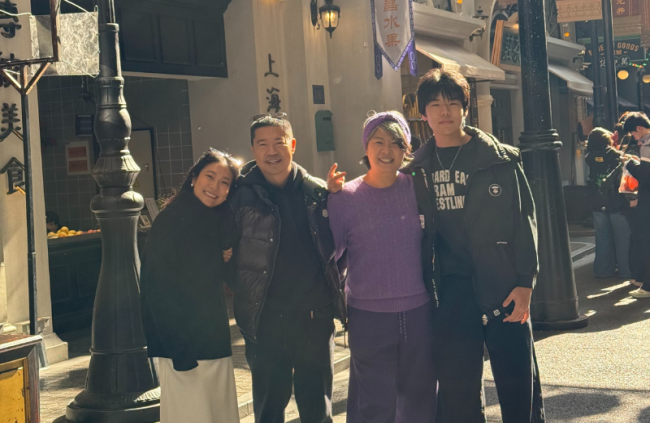
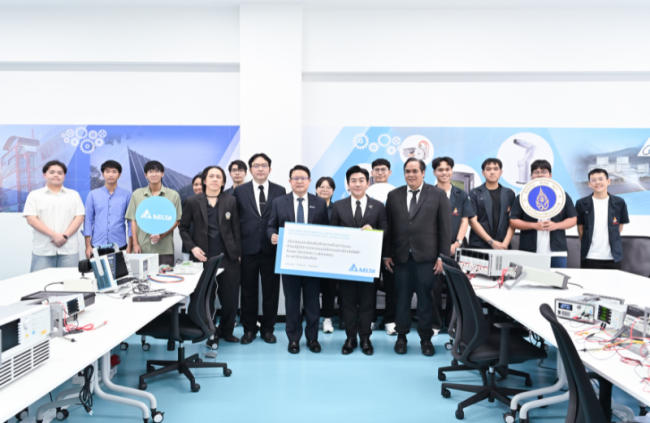
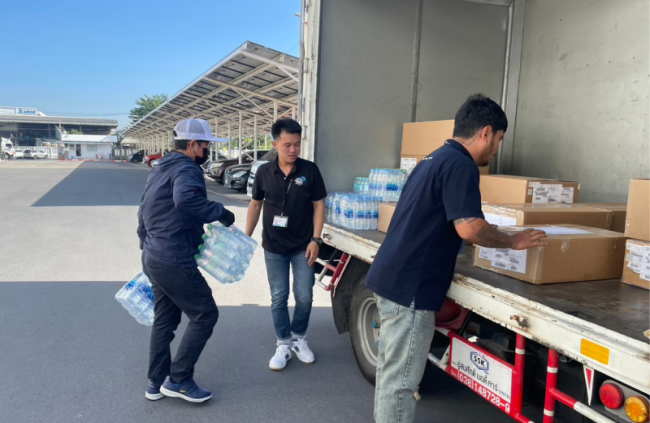
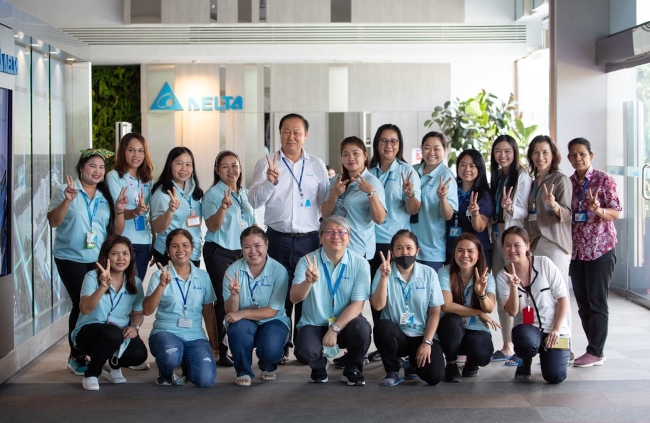
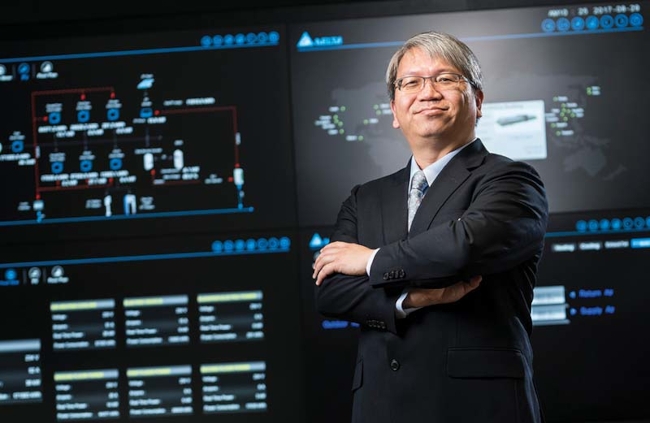
Destiny Calling January 08, 2025 at 17:55:13 pm
Awesome Blog !!! Thanks to Admin for sharing the above list. I visited many pages of your Blog. Really your Blog is Awesome. Keep Sharing such good Stories. Thanks.